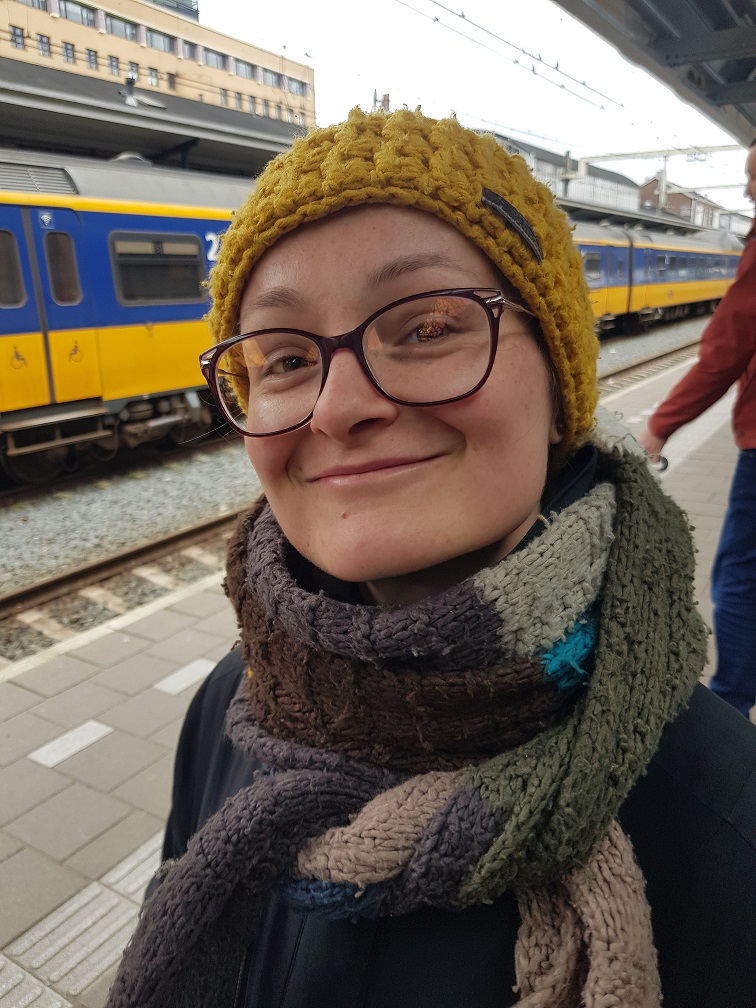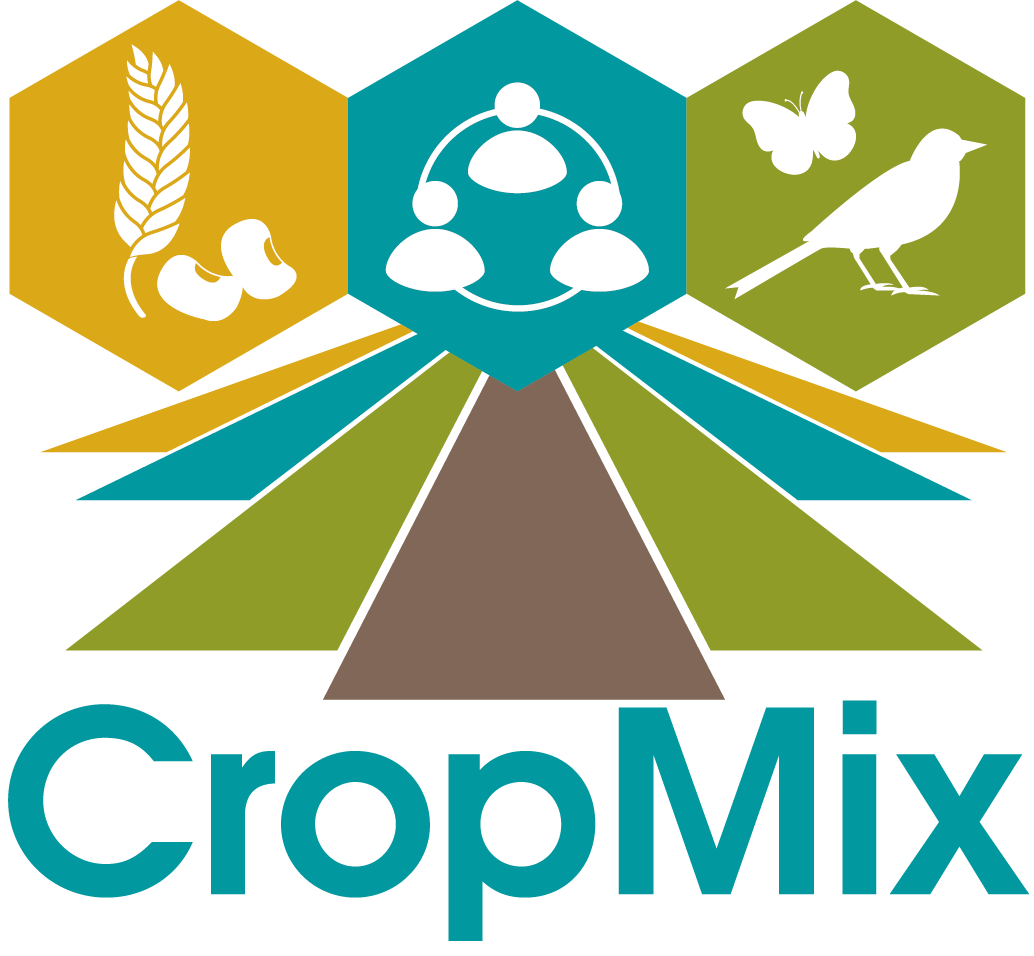Institutional readiness to scale up /
Institutional frameworks for adoption of strip cropping by farmers and realisation of an agro-ecological food system


Researcher
Daphne Schoop
PhD candidate
Wageningen University & Research
For my studies, I moved from Almere to tiny Wageningen. As a city dweller, gardening, the outdoors and food production have always fascinated me. But at Wageningen University, I became aware of the seriousness of the current climate and ecological crisis, and also the enormous potential of food and agriculture in addressing the challenges.
At CropMix, we work to improve the lives of people and all other life with the ambition of making our society and environment resilient for the future. With my background as a sociologist, I am happy to contribute to achieving that ambition by tackling the barriers to strip cropping at its roots.
Research project
Project: 3.2.1. Institutional frameworks for adoption of strip cropping by farmers and realisation of an agro-ecological food system
The adoption of a particular farming method is linked to many aspects. Changing it is therefore not done overnight. A farmer, and his farm, do not stand alone, but are interwoven in a network of relationships with many other actors. These are people, such as colleagues, policy makers, chain representatives, advisers, citizens; and non-human actors, such as machines, insects, plants, the crop, the land, and so on. This web determines the capacity to act of those who are intertwined in it through (mutual) dependencies.
At the same time, dependencies play a role in applying strip farming. Therefore, the application of strip cropping does not only require change from a farmer as an individual. It requires a change in the system around it; innovation in the form of organising and doing in the network to enable the farmer to change.
In my research project, I will delve into the institutional frameworks that provoke the current form of monocultures and intensive cultivation. I will work with CropMix participants to scrutinise ingrained rules, routines, procedures, norms and imaginations. I will look for ways to test and bring about new forms.
Related projects
- Learning and multispecies interactions in living labs aimed at agro-ecological transition > Inez Dekker
- The role of different societal actors in the transition to a sustainable food system > Camilla Bodewes
Results and news
News and results will follow here.
Researchers involved
- Cees Leeuwis
- Barbara van Mierlo
Related research
Our work packages
This work package focuses on above-ground and below-ground interactions. We look at the interactions between plants, crops, insects and other species living in the field and the differences between strip cropping and monocultures.
Work package 2 looks at the economic feasibility of investments for farmers to switch to more crop-diverse systems, such as strip farming, and what factors influence their willingness to engage in ecologically sound farming.
We want to identify different transition pathways applicable to different situations. Think of farmers with wide strips and long value chains, but also farmers with narrow strips marketing in a short chain. Or perhaps very different cropping systems that use crop diversity, such as agroforestry. We also look at what consumers and other stakeholders think and their role in the transition to more sustainable agriculture.

